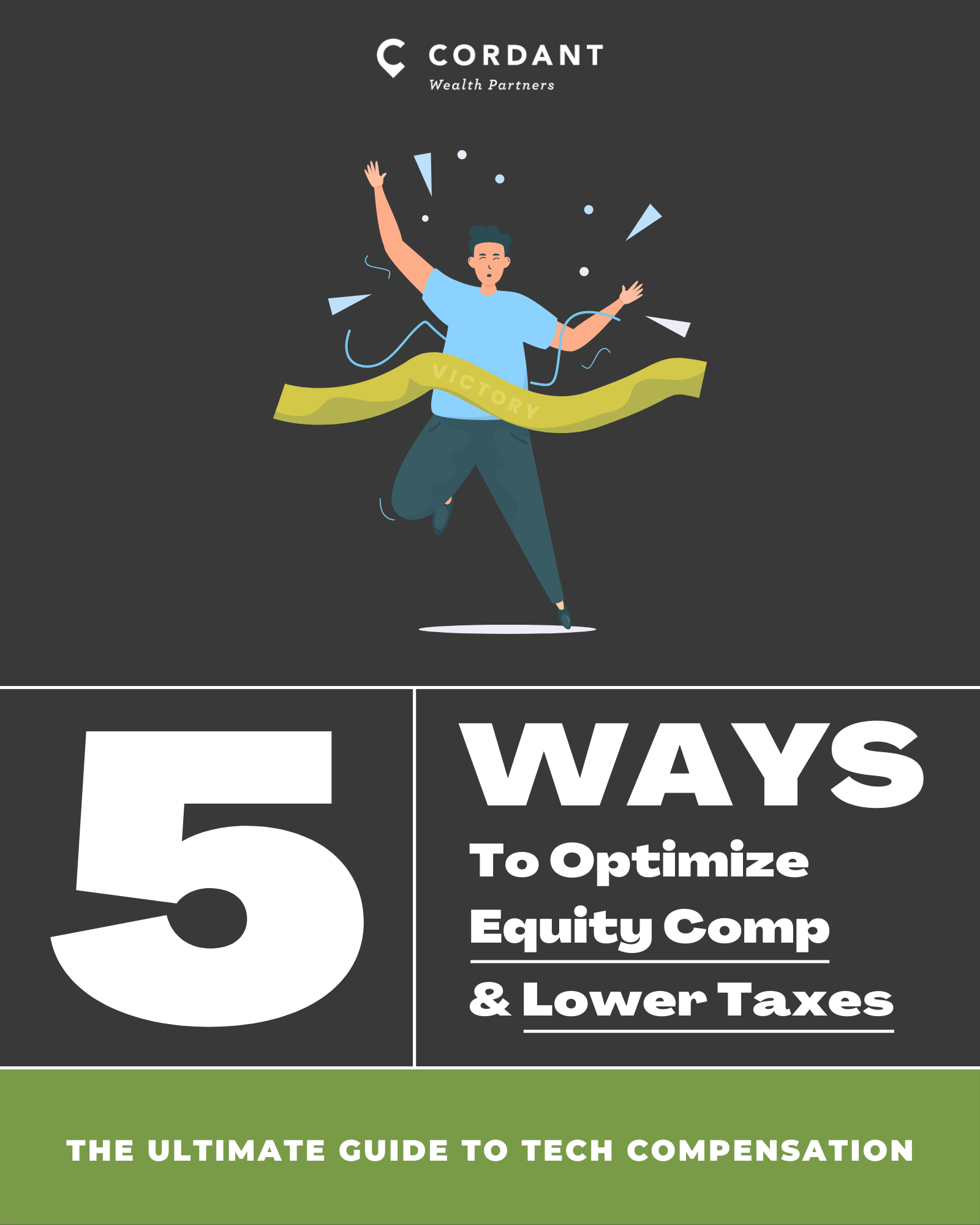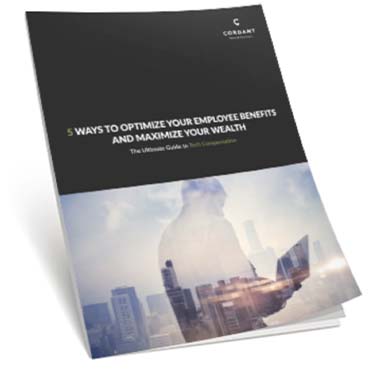*Note: This is Part 2 of a two-part series. Click here to check out Part 1, where we discussed how emotions can inhibit our ability to make wise investment decisions. To receive helpful posts like this directly to your inbox, sign up for our free newsletter!
Last time on the Cordant blog, we discussed how emotional responses can derail you and cause poor investment decisions. Now let’s take a look at a few systems to put in place to prevent this.
In his book Willpower, Roy Baumeister studies what he calls “the greatest human strength”—and how we can use willpower to overcome our default way of operating. Essentially, how can we override our short-term emotional response to accomplish our long-term goals?
Stop me if this sounds familiar… in the long-term you want to be more fit, so you should go for that run. But right now you just feel like plopping down on the couch and watching some TV—and often, your immediate emotional response wins out.
In investing, as with fitness, prioritizing the short-term over the long-term is not ideal.
3 Strategies to Invest with Willpower
When it comes to investment decisions, willpower is key to ensuring financial success in the long-term. Let’s look at some strategies for exercising willpower to control your emotions.
1. Think high-level
The first step in controlling your emotions and building willpower is to think long-term. In other words, link today’s decisions to your vision for tomorrow.
In his book, Baumister tells the story of the African explorer Henry Morton Stanley in the late 1800s. On a 999-day exploration of the Congo River he lost two-thirds of his men, and was the only European to survive.
Even after enduring great suffering, hardship and death throughout his travels, Stanley never gave up and continued on the mission. He wrote in his journals “I was not sent into the world to be happy.” And separately, “I was sent for a special work.” This “special work”, or “sacred task” as he also called it, was ending the slave trade in Africa.
It was these lofty thoughts and the ultimate long-term focus that allowed him to continue and overcome any obstacle.
While maybe not as wrought with drama, this same philosophy is inherent in wealth management. Better decisions are made in light of long-term goals and objectives.
For example, in a 2011 study conducted by Northwestern University, researchers examined people’s behavior when presented with a computer-simulated photo of themselves at a much older age. (See photo for example).
These people allocated more than twice as much money towards retirement than a comparison group.
By simply placing a focus on the future, you are more likely to make better financial decisions.
As we work with our clients, we call this step “Intention.” Our process helps you discover and document what you are trying to achieve financially, and to make sure to keep this “sacred task” in mind when making financial decisions.
2. Pre-commit
The second strategy to control your emotions, strengthen your willpower, and make better financial decisions is to pre-commit. Pre-committing (or pre-deciding) is the strategy of deciding what you are going to do before it’s actually time to take action. Committing to something upfront—when your emotions are in check and you’re thinking rationally—makes you less likely to take rash actions in times of stress.
This strategy is akin to planning out your meals a week in advance—making it much easier to eat healthy by doing so. Deciding now to eat a nutritious, healthy meal next Sunday is not an emotionally difficult decision. However, if you wait until the day-of to decide—when you may be feeling tired, hungry, and rushed—you are much less likely to eat healthy.
Research shows that this philosophy affects our financial decisions as well.
In 1998, professors Benartzi and Thaler studied the behavior of retirement plan participants at a midsize manufacturing company.
Based on advice from a financial consultant, participants were encouraged to increase their savings rate now. But, a low percentage (only 28%) actually implemented this advice. Those rejecting the advice were given another option.
They could participate in what was dubbed the “SMarT” (Save More Tomorrow) program, where they committed to increasing their savings rate by 3% at their next pay raise, then 3% more at each subsequent raise. 78% percent of the people who choose not to save more now did enroll in the “SMarT” program.
The results were striking. The initial group that accepted the advice to save more now increased their savings rate from 4.4% to 8.8% over four years. However, those in the “SMarT” program—using a pre-commitment strategy—increased their savings rate from 3.5% to a whopping 13.6%.
With investing, pre-commitment can be as simple as deciding to save more tomorrow, or, a commitment to aligning your resources together in a way that helps you achieve your financial goals.
For example, if one of your financial objectives is retirement, acknowledging this goal and committing resources to achieving this objective is a powerful tool. This is a long term objective—even if you are near retirement, chances are you have many years in retirement to plan for as well. Pre-committing resources to achieve this specific goal will better allow you to weather the ups and downs of investing as they come and stick with your strategy.
At Cordant, pre-commitment is part of our “Integration” process. This step involves uniting all your financial resources together into a coherent strategy to achieve your goals (or “sacred task”). By pre-committing to integrate your investment strategy with your financial goals, you are more likely think long-term and take the appropriate actions to achieve them.
3. Quantify
The last strategy to control emotion is to quantify your behavior.
In “Willpower,” Baumeister exemplifies behavioral quantification through the metaphor of video games. Specifically, how is it that can someone can improve their skill at a particular game so rapidly? He found two things were important: feedback and comparison.
Feedback
Feedback is one of the most important tools we have to let us know whether we are on track, and whether we are improving or getting worse.
In the context of video games, feedback is usually instant and clear. Take Pac-Man for example. Your either eat all the pellets and move on to the next level, or you’re killed by one of your four ghostly enemies (Blinky, Pinky, Inky and Clyde). This instant feedback forces one to quickly modify behavior in order to be more successful.
This process of getting quantifiable feedback is also important with investing. Looking at your 401k or brokerage statements once annually and then forgetting about it for the rest of the year is not ideal for two reasons: 1) A statement doesn’t incorporate all accounts, and 2) statements usually do a poor job of assessing performance over more than one year.
For example, an annual statement would not show if you are invested in a way that over many years does not provide returns consummate for the risk you bear—or, alternatively, if by not having a consolidated view of accounts you are taking on more or less risk than needed to achieve your goals.
Comparison
Comparison is also an important motivator in video games. At the each of each game, your score is compared to that of others who have played the game. This comparison lets you know how well you did, and how much room for improvement still exists.
With investing it’s important to compare yourself—not to other investors, but to your “Personal Benchmark.” How much return you are getting for the risk you take on? Does your investment performance align with your financial plan (i.e., “sacred task”)?
In the “Intention” step we define what financial success looks like for you. Now we need to measure and make sure we are on track.
This process of feedback and comparison is what we call the “Accountability” step at Cordant. Here we work with our clients to report on the entirety of their financial assets. With frequent review, we make sure they are getting the expected risk adjusted return, and that their investments are positioned in a way that supports their financial goals.
We hope these three strategies to overcome an emotional response to financial decisions are helpful. If you’d like to receive tips like this straight to your inbox, sign up to receive our free newsletter on the right.
For more details about how Cordant implements these strategies for our clients, give us a call at 503.621.9207 or email us today.
Click here for disclosures regarding information contained in blog postings.




